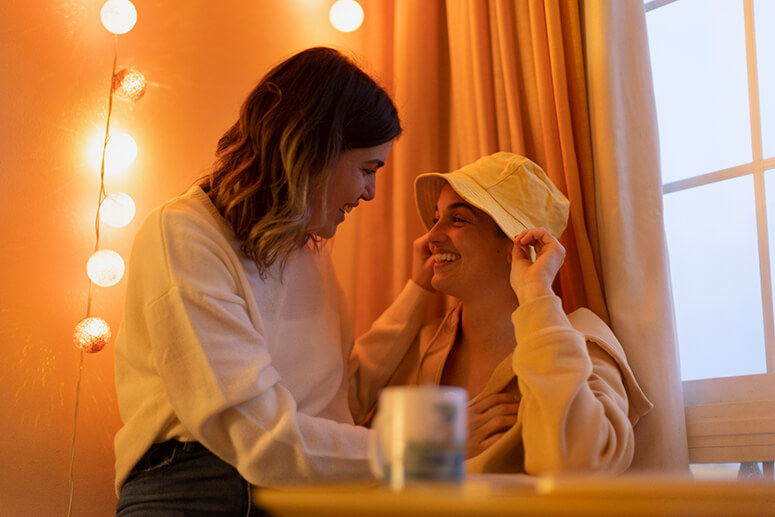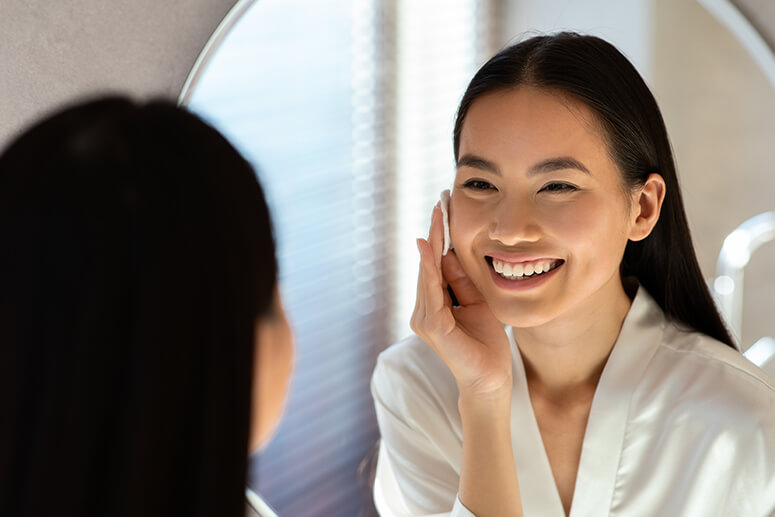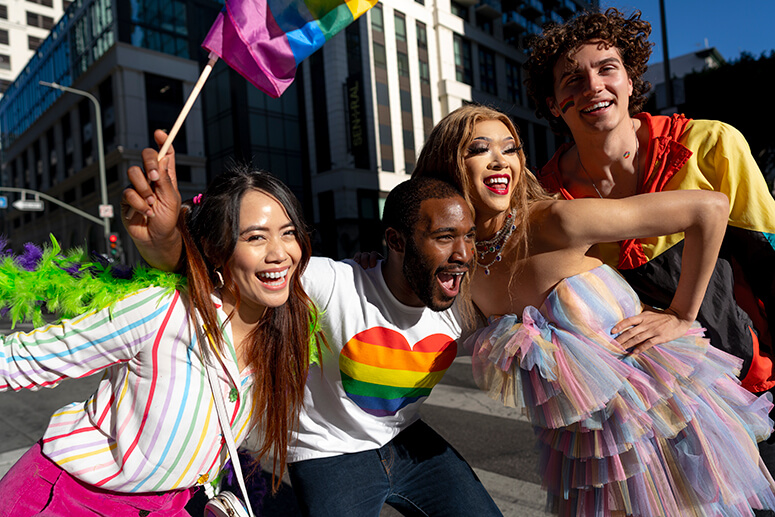Do I like him or is it ‘comphet’?: Navigating love as a bisexual woman
Whenever I discuss my sexual orientation with friends or romantic interests, I’ve always identified myself with the label “bisexual.” I’ve had my fair share of crushes on men, women, and people in between.
Looking back, though, I often question, did I really like the men I had crushes on, or was I just conforming to expectations set by society?
Compulsory heterosexuality or “comphet” is defined as the societal pressure placed upon individuals to conform to a heterosexual relationship and its roles, even if they don’t identify as such.

As a kid, I was just exposed to couples that showed a man and a woman. I remember having a notion that maybe liking girls romantically was possible only in sixth grade; that was only through being exposed and digging through fanfiction between two men. Only through the lens of fanfiction and fandom spaces did I discover that people of the same sex could be together.
As years passed and I entered high school, I started to accept that I did, in fact, like girls. Being in an all-girl Catholic high school and being exposed to sapphics and relationships between girls made it feel like the norm. I then started questioning that notion of mine when we had to go through school-organized interactions with boys from all-boys schools. I had giant crushes on guys that I found cute at the time, and I would want to be in a relationship with them. In retrospect, though, I don’t think I liked any of them to the degree that I had when I had crushes on girls.

Liking guys felt like a chase, as if I wanted to be validated by them; that I was worth being someone a guy could show off to his friends. I would dress more femininely, put makeup on more often, or act less like myself to fit the mold of a potential girlfriend. When I pictured being in a relationship with a guy, I thought of the pictures I saved on Pinterest and Tumblr, which were always tagged “relationship goals.”
In comparison, having crushes on girls was less performative. I wouldn’t care about whether my clothing would be too masculine, or how I would choose to wear lipstick one day, then go out barefaced the next. I may have had butterflies in my stomach, but it felt more attainable, more reasonable.
Even though my experiences with women and men have been different, they are still forms of love just the same.
Now that I’m older, I often think about how my demeanor changes when I have crushes on men. I question if I have truly liked a man in a romantic sense. I would look at posts of heternormative couples and feel like that wasn’t for me. I didn’t feel like I could stomach being feminine all the time and push down my queerness to be in a relationship with a man. I have looked through articles that talk about decentralizing men in one’s life and the “Lesbian Masterdoc,” a widely-circulated document online talking about signs of comphet, and think that I relate to it more than not.

Maybe the only reason I’ve had crushes on men at that time was because I wanted to be seen through the male gaze as attractive. I felt I was making up for lost time because I was mostly surrounded by women during my formative years. Maybe it’s the fact that even now as I’m older, it’s still hard for me to find media that show what a relationship and future with a woman looks like. I look at the limited shows, movies, and music we have in the Philippine context about sapphic love and it makes it seem hard to be in queer spaces unless we carve them for ourselves.
However, there are times when I’m caught off guard and find myself having a crush on a man, and it feels different. I don’t feel like chasing their validation, or feel a need to change myself to be more like what an ideal girlfriend would be. I spend time getting to know them, and I feel like it’s okay to present feminine or masculine; they would accept me or even love me. It’s in those moments that I realize that I still like men, not just because it was forced upon me by society, but because it is a part of who I am.
I may have had more crushes and romantic experiences with women, but that shouldn’t erase the fact that I do like men. Even though my experiences with men have been different, they are still forms of love just the same.
Trying to put a clear delineation between the romantic feelings I feel for men and women does not feel like an accurate representation of how I love and how I identify. Being a bisexual woman with a preference towards women still makes me bisexual. I may have to go through more experiences in love to fully understand what bisexuality and romantic love means to me, but I think that the notions of a relationship should not be defined by me trying to fit a mold of feminine or masculine.
I hope that if I end up spending a lifetime with someone, I do not conform to what society expects a relationship to be, but form a bond that makes sense for me and the person I love. I hope that I am accepted as a person with multitudes, with complex intricacies in terms of gender and self-expression, and that I am a person who can exist without having to label myself to be completely understood.


